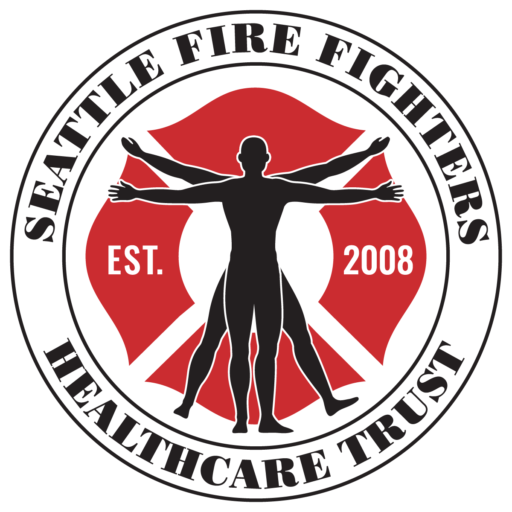How Fire Fighters Can Navigate the Emotional Impact of a Cancer Diagnosis
Receiving a cancer diagnosis is emotionally destabilizing—especially for fire fighters, who are used to being strong, decisive, and in control. Station 2 Clinic Mental Health Director Laura Takacs outlines the common psychological responses to a diagnosis—fear, anger, grief, and guilt—and emphasizes the importance of regaining a sense of control through practical steps and strong support networks.
She provides compassionate, grounded guidance for both those diagnosed and the people supporting them—whether family members, colleagues, or crew. Key themes include normalizing emotional responses, staying present, practicing vulnerability, and using tools from the job (like preparation and visualization) to manage medical challenges. Even after treatment ends, feelings of anxiety or trauma may persist, and Takacs encourages journaling and self-reflection to build resilience and confidence for what may lie ahead.
Key Takeaways
For Fire Fighters Diagnosed with Cancer:
- You are not alone – Others have gone through this; lean on your crew, family, and mental health professionals.
- Fear, grief, and anger are normal – Your emotional reactions are human and not a sign of weakness.
- Focus on what you can control – Ask questions, plan for treatment days, and visualize what to expect.
- Bring grounding items – Snacks, music, or a familiar book can make treatment days feel more manageable.
- Lean into rituals of joy and presence – Be intentional with loved ones; moments of connection matter.
For Family, Friends, and Crewmates:
- Ask, don’t assume – Let the person with cancer guide you in how they want support.
- Just show up – Your presence, even in silence, can offer immense comfort.
- Be patient – Emotional processing takes time; allow space for different reactions.
For Managing the Ongoing Emotional Impact:
- Journal the journey – Writing can help process the experience and serve as a reminder of your strength.
- Prepare for the hard days – Use fire fighter training mindset to mentally prep for treatments or procedures.
- Acknowledge post-treatment emotions – Anxiety about recurrence is common and valid.
“Whatever emotion you feel is valid. You don’t have to go through this alone. Reaching out for help is not a weakness—it’s a sign of strength.”
Laura Takacs,





